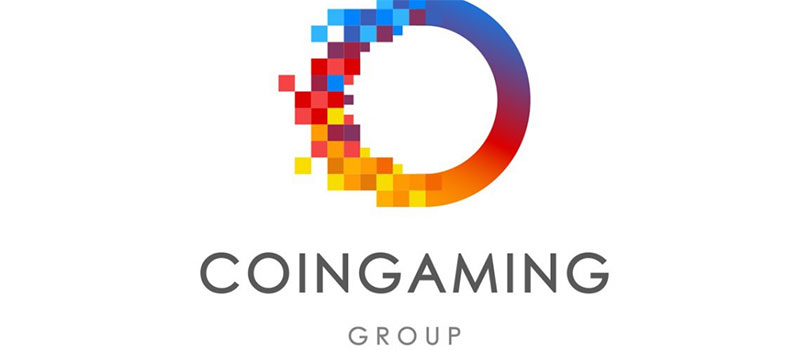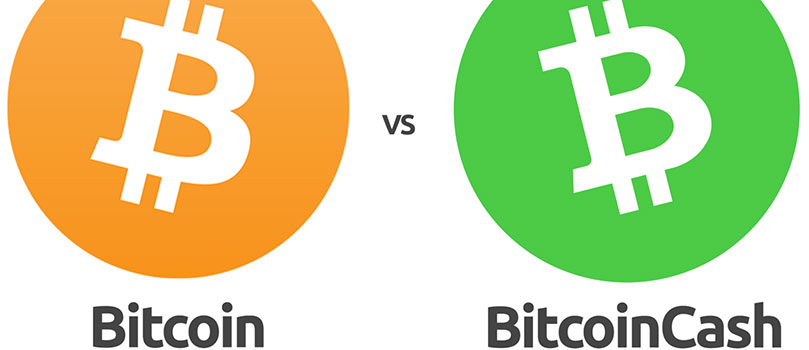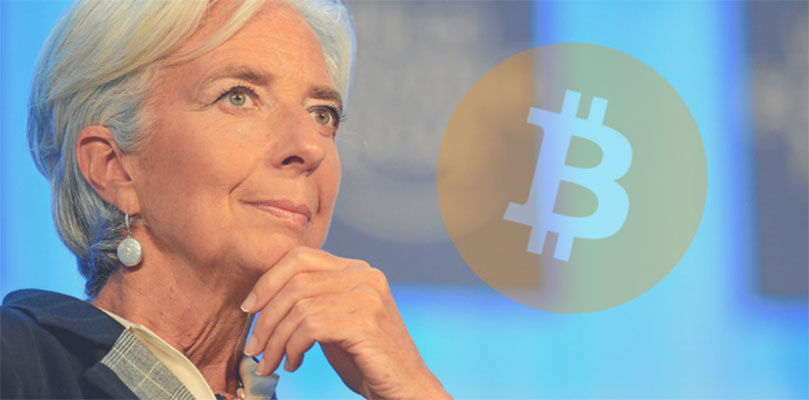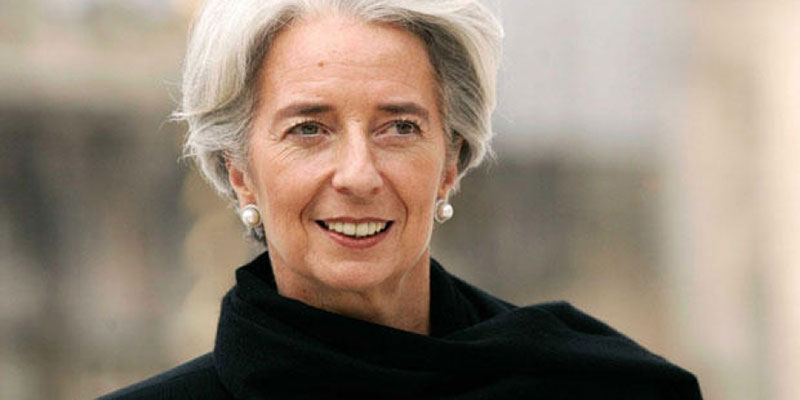The Coingaming Group which operates two of the most popular bitcoin-focused gaming platforms, that is Bitcasino.io and Sportbet.io, has made a pioneering switch in its betting units from milibitcoin (m฿) to microbitcoins (µ฿), otherwise known as ‘bits.’ The operator’s radical move is primarily aimed at taking advantage of bitcoin’s extended growth in value in order to make betting services more accessible. Furthermore, the customers of both platforms will be able to choose from a vast selection of premium casino games with the same bankroll.
Coingaming relaunched both the Bitcasino.io and Sportbet.io brands last year in an effort to bring a more improved customer experience that encompassed a proactive approach that involved a modern user interface as well more appropriate customer support services. The idea was to encourage the players to join and experience what the operator had in store – this is governed by a fun, fast and fair policy that guarantees outstanding flexibility options and amazing play time.
“With Bitcoin now well and truly in the mainstream, and its price continuing to surge, we wanted to ensure all games and sports events were accessible to all types of customer. Reducing our gaming unit to bits (µ฿) is the ideal way of doing so and keeps the user at the center of our universe,” said Tim Heath, the Coingaming Group’s CEO. “Our customers can now play and bet more for the same money, and we expect this to encourage even more users to sign up to the leading Bitcoin casino and sportsbook, while also providing existing loyal players with greater flexibility and potential play time.”
Other than the introduction of bits betting, the Coingaming Group also offers a number of generous and exclusive bonuses and rewards. This initiative has served the company quite well as it has helped it to raise awareness of its unique betting propositions. Apart from its online casinos and sportsbooks, the group also boasts of a dedicated Esports betting platform known as Bets.io and a slots-led platform known as Slots.io.









